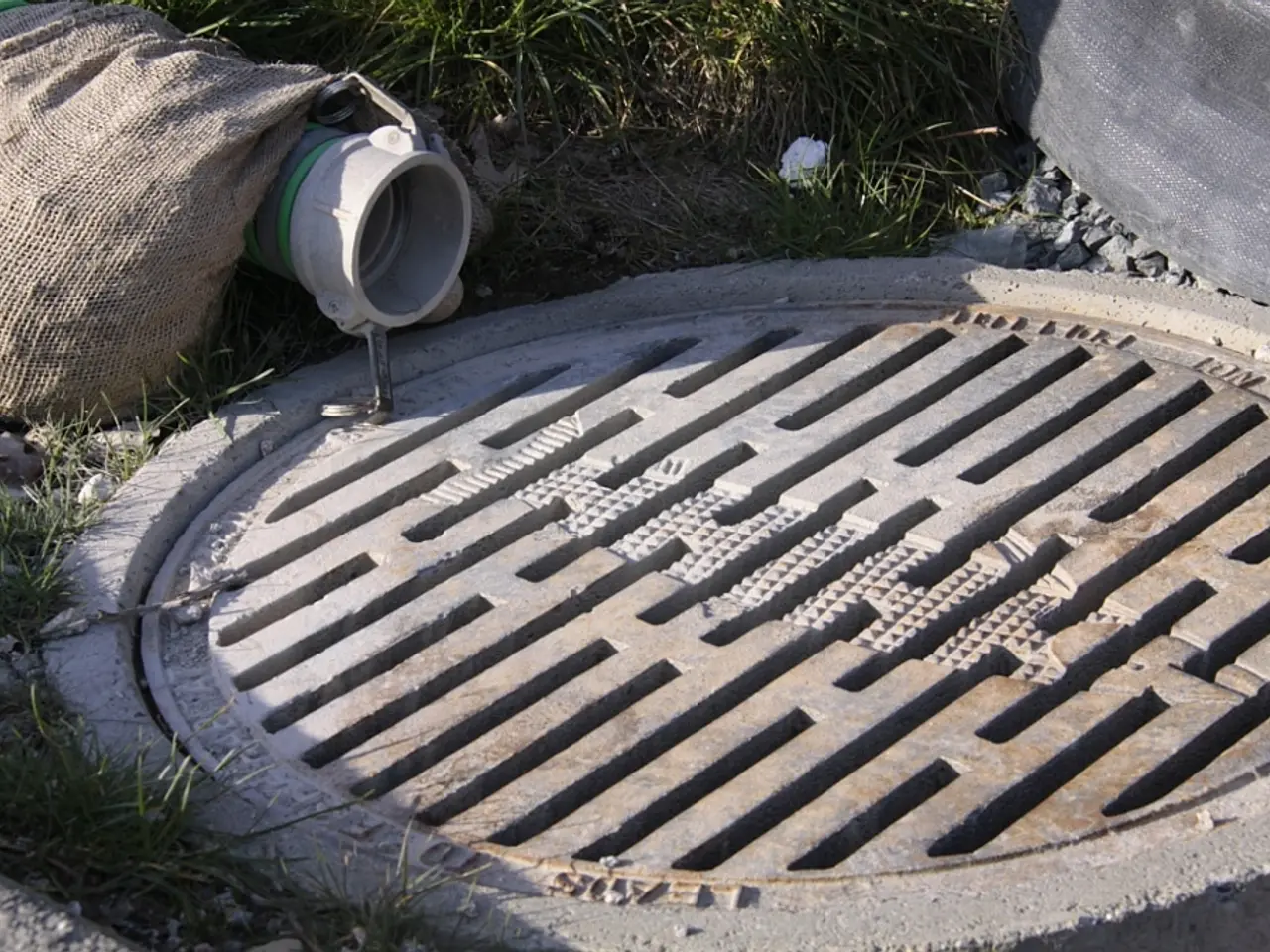Turkey initiates natural gas deliveries to Syria through the Kilis-Aleppo pipeline
In a significant move towards rebuilding Syria's energy infrastructure, the Turkey-Azerbaijan-Syria gas pipeline partnership was officially inaugurated in August 2025. This trilateral energy cooperation aims to provide a stable source of natural gas to Syria, marking a crucial step in the country's post-conflict recovery and energy security.
The partnership involves Azerbaijan supplying gas from its Shah Deniz field through the South Caucasus Pipeline and Turkey’s Trans-Anatolian Natural Gas Pipeline (TANAP). The gas then extends via a newly constructed pipeline from Kilis in Turkey into northern Syria (Aleppo), with plans to expand deliveries to Homs and Damascus. Initial exports are approximately 1.2 to 2 billion cubic meters annually, enough to generate 1,200 megawatts of electricity powering some five million homes in Syria.
The natural gas connection from Kilis to Syria's Aleppo was completed on May 21. With the start of new gas flows, it is expected to lift the supply to some 10 hours daily in the affected regions. The electricity exports to Syria currently flow through eight points, with capacity set to increase by 25% initially and more than double.
The pipeline infrastructure was built in coordination between Turkey’s BOTAS and Syria’s state gas company, reflecting a deepened partnership beyond just supply. This partnership potentially marks a new phase in Syrian reconstruction efforts via energy sector collaboration.
The trilateral agreement includes cooperation between Azerbaijan, Turkey, and Qatar, and was symbolically inaugurated in the Turkish border city of Kilis. High-ranking energy ministers and dignitaries from all three countries attended the ceremony, underscoring its importance for regional energy diversification and political-economic ties.
Syria's energy infrastructure suffered extensive damage due to the civil war that began in 2011. Power generation facilities, transmission lines, and natural gas systems were heavily damaged, reducing daily electricity supply in many regions to just 3-4 hours. The gas pipeline now enables significant restoration of electricity production, contributing substantially to Syria’s post-conflict recovery and energy security.
Prior to this, Turkey had occasionally provided regional support through transmission lines, and even supplied limited amounts of electricity to northern Syria. With the new pipeline, Turkey leverages its technical expertise and geographic proximity to contribute more substantially to rebuilding efforts during the transitional period in Syria.
The partnership also reflects a deepening of relations between Turkey and Qatar, as evidenced by the 2014 launch of the High Strategic Committee. Qatar provided strong support for the project, and relations between the two countries have deepened in all areas.
The ministers inaugurated the new project under the motto "two states, one nation." In addition, a similar project was launched in March with Nakhchivan, where the Iğdır-Nakhchivan natural gas pipeline began delivering gas to the Azerbaijani exclave through Turkey.
This partnership signifies a critical advancement in reviving Syria’s war-torn energy infrastructure, enhancing regional integration, and strengthening energy security for Syria. It is a significant step towards a brighter future for Syria and its people.
- The Turkey-Azerbaijan-Syria gas pipeline partnership, symbolically inaugurated in Kilis, not only signifies a vital step in Syria's post-conflict energy security, but also marks a deepening of political-economic ties between Azerbaijan, Turkey, and Qatar.
- With the Turkish-led gas pipeline partnership, the supply of natural gas and electricity to Syria is expected to increase significantly, lifting daily hours of electricity in affected regions and contributing substantially to Syria's general-news worthy post-conflict recovery.






